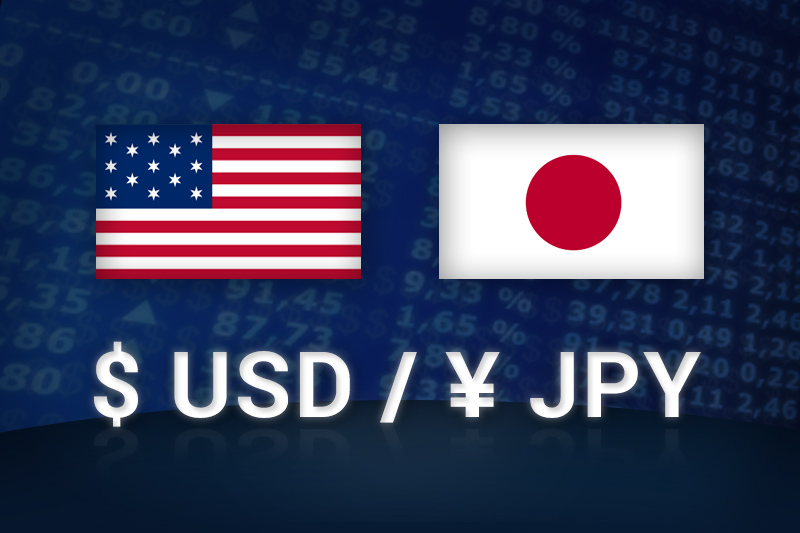Investing.com - The dollar firmed against the yen on Thursday as investors retreated to the greenback in search of safe harbor ahead of monetary policy meetings scheduled for the European Central Bank and the Bank of England later Thursday.
In Asian trading on Thursday, USD/JPY hit 80.03, up 0.19%, up from a session low of 79.85 and off a high of 80.09.
The pair was likely to find support at 79.59, the low from July 4, and resistance at 80.58, the high from June 25.
The dollar rose against the yen in Asian trading as investors worldwide viewed the currency as a nicely-priced venue to await major central bank action as well as the release of a widely-watched U.S. economic on Friday.
Later Thursday, the European Central Bank monetary policy meeting takes place.
The ECB is expected to cut eurozone interest rates to a record-low 0.75% from 1.00% to spur economic activity.
The Bank of England, meanwhile, will also hold a monetary policy meeting during the day and is expected to roll out fresh stimulus measures to boost the U.K. economy, though interest rates should hold steady at 0.50%.
U.S. markets were closed on holiday Wednesday, and trading was light as investors took time to await Friday's June jobs report and U.S. unemployment rate, a widely-followed indicator in the U.S.
Asian investors sold stocks and took profits ahead of the meeting, and weak service data out of Germany encouraged the risk-off session.
The German Services Purchasing Managers' Index fell to 49.9 in June, below expectations for 50.3, according to London-based Markit Economics.
A reading below 50 indicates a contracting sector.
Europe is a large Asian trading partner.
The yen, meanwhile, was down against the pound and down against the euro, with GBP/JPY up 0.10% and trading at 124.66 and EUR/JPY up 0.14% and trading at 100.21.
Aside from monetary policy news out of the eurozone and the U.K., markets on Thursday will pay attention to a report by payroll processing firm ADP on non-farm employment change, followed by government data on weekly unemployment claims.
The U.S. is also to release an ISM report on service sector growth, as well as government data on crude oil stockpiles.
In Asian trading on Thursday, USD/JPY hit 80.03, up 0.19%, up from a session low of 79.85 and off a high of 80.09.
The pair was likely to find support at 79.59, the low from July 4, and resistance at 80.58, the high from June 25.
The dollar rose against the yen in Asian trading as investors worldwide viewed the currency as a nicely-priced venue to await major central bank action as well as the release of a widely-watched U.S. economic on Friday.
Later Thursday, the European Central Bank monetary policy meeting takes place.
The ECB is expected to cut eurozone interest rates to a record-low 0.75% from 1.00% to spur economic activity.
The Bank of England, meanwhile, will also hold a monetary policy meeting during the day and is expected to roll out fresh stimulus measures to boost the U.K. economy, though interest rates should hold steady at 0.50%.
U.S. markets were closed on holiday Wednesday, and trading was light as investors took time to await Friday's June jobs report and U.S. unemployment rate, a widely-followed indicator in the U.S.
Asian investors sold stocks and took profits ahead of the meeting, and weak service data out of Germany encouraged the risk-off session.
The German Services Purchasing Managers' Index fell to 49.9 in June, below expectations for 50.3, according to London-based Markit Economics.
A reading below 50 indicates a contracting sector.
Europe is a large Asian trading partner.
The yen, meanwhile, was down against the pound and down against the euro, with GBP/JPY up 0.10% and trading at 124.66 and EUR/JPY up 0.14% and trading at 100.21.
Aside from monetary policy news out of the eurozone and the U.K., markets on Thursday will pay attention to a report by payroll processing firm ADP on non-farm employment change, followed by government data on weekly unemployment claims.
The U.S. is also to release an ISM report on service sector growth, as well as government data on crude oil stockpiles.
